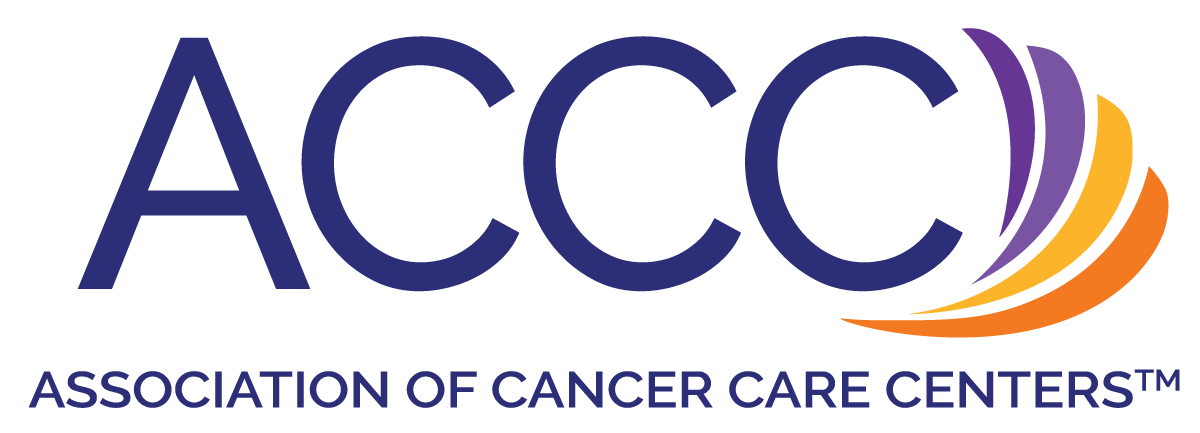
ACCC and Pfizer Award $1.8 Million in Funding for Improvement in Breast Cancer Genetic Testing

The Association of Community Cancer Centers announced today that it has partnered with Pfizer Global Medical Grants to award more than $1.8 million in funding to 15 projects that are aimed at improving the quality of breast cancer patient care.
The Association of Community Cancer Centers (ACCC) announced today that it has partnered with Pfizer Global Medical Grants to award more than $1.8 million in funding to 15 projects that are aimed at improving the quality of breast cancer patient care. The projects will focus on conducting quality improvement (QI) initiatives that support increasing the rates of BRCA testing for patients with early stage or metastatic breast cancer.
Understanding germline BRCA mutational status can add a valuable perspective when determining optimal treatment strategies and engaging breast cancer patients in shared decision-making. However, in a recent ACCC survey of community oncology practitioners, more than 80 percent of respondents reported that 50 percent or fewer of their patients with early or metastatic breast cancer have ever had germline BRCA mutation testing. The survey revealed both patient- and provider-related barriers to BRCA testing, including institutional barriers.
“ACCC is pleased to collaborate with Pfizer Global Medical Grants in supporting these critical quality improvement projects, each aimed at increasing patient access to evidence-based BRCA testing,” said ACCC President Tom Gallo, MS, MDA. “Expanding the reach of these advances is an important step in the delivery of quality care close to home.”
The grant awards are providing an opportunity for community oncology programs to implement initiatives that will address barriers to counseling and testing. The grantees will utilize innovative approaches to extend best practices to a much larger patient population, including underserved minority patient groups. As part of the initiatives, sites will review their progress and in particular, evaluate how changes in testing practices impact treatment decision-making.
“As we learn more about the biology of cancer, it has become clear that we need to address the unique needs of patients living with hereditary forms of breast cancer,” said Lynn McRoy, MD, FACS, Global Medical Breast Cancer Lead, Pfizer Oncology. “We are excited to partner with ACCC on this project, which we hope will result in an improvement in provider and patient understanding of the role genetic testing can now play in not only risk assessment, but also treatment planning for those with hereditary forms of breast cancer.”
The following 15 institutions were selected for grant funding:
- Anne Arundel Medical Center, Inc. Annapolis, MDCabell Huntington Hospital Foundation, Huntington, WV
- Christiana Care Health System, Newark, DE
- Franciscan Health Foundation, Mishawaka, IN
- Kalispell Regional Medical Center, Kalispell, MT
- Maine Medical Center, Portland, ME
- Northside Hospital Cancer Institute, Atlanta, GA
- NW Medical Specialties, Tacoma, WA
- Oncology Hematology Care, Inc., Cincinnati, OH
- Southeastern Regional Medical Center, Lumberton, NC
- St. Vincent Hospital, Indianapolis, IN
- The Outer Banks Hospital, Nags Head, NC
- University of Kansas Medical Center, Kansas City, KS
- University of Maryland Upper Chesapeake Health, Inc., Bel Air, MD
- White Memorial Medical Center Charitable Foundation, Los Angeles, CA
The projects will launch in January 2019 and will continue for two years. In early 2020, ACCC will begin sharing the results from these QI projects.




































